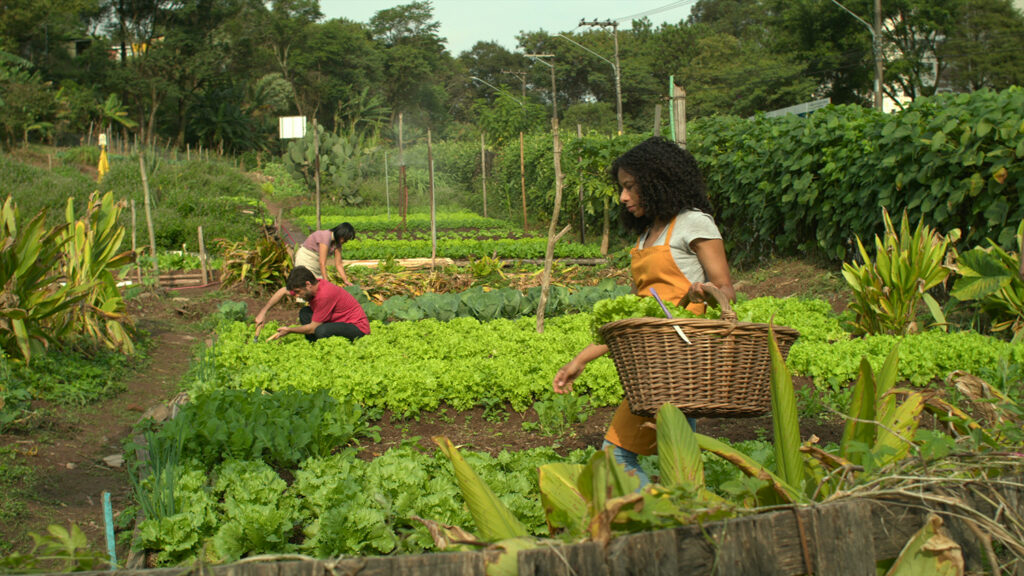The Organic Certification Cost Share Program has received an investment of $8 million per year through 2031 under the latest federal budget reconciliation legislation. Organic Cost Share is a program that provides rebates to certified organic farmers, ranchers, and processors/handlers for their organic certification costs. This funding helps American farmers and ranchers maintain compliance and meet rigorous organic standards to stay competitive in a growing market.
The Organic Certification Cost Share Program reimburses 75% of eligible certification fees, up to $750 per scope. Scopes include:
- Crops
- Livestock
- Handling
- Wild crop
In addition, registration in a state organic program, such as California’s, is also considered a scope and is eligible for 75% reimbursement up to $750.
Organic operations can apply at their local Farm Service Agency office or through participating state departments of agriculture. CCOF supports our members in providing required paperwork by sending each certified operation a packet with all necessary documents and proof of fee payment. We’ll provide more information soon on how to access the new round of funding as program details are finalized.
